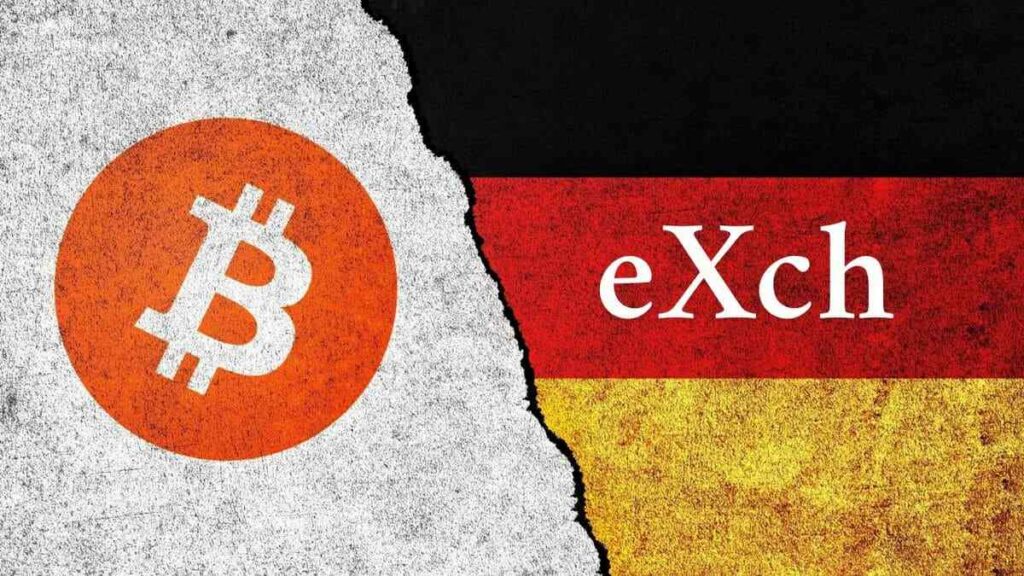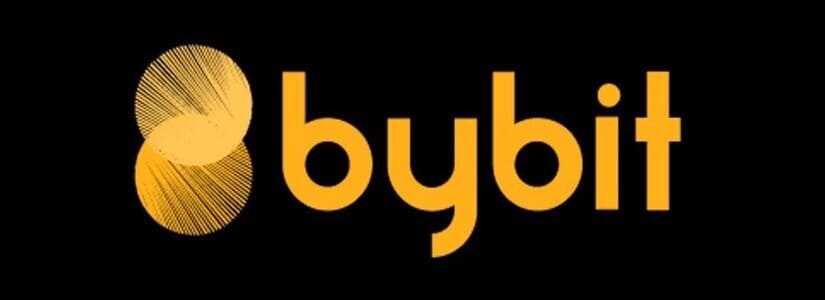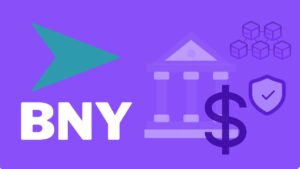TL;DR
- Germany and the Netherlands took down eXch, seizing €34 million ($38 million) in crypto in the country’s third-largest operation.
- The plataform had operated since 2014 on both the internet and darknet, facilitating swaps without AML checks and processing around $1.9 billion.
- Part of the $1.5 billion stolen from Bybit in February may have moved through the platform, used as a channel to hide and transfer funds.
German authorities dismantled the crypto exchange eXch this Thursday and seized various digital assets valued at €34 million ($38 million). The operation, coordinated with Dutch officials, marks the third-largest crypto asset seizure ever recorded by Germany’s federal criminal police.
The service, active since 2014, allowed users to swap different cryptocurrencies through the domain eXch.cx and other addresses, operating on both the regular internet and darknet sites. For years, the platform promoted its services on underground forums and marketplaces that lacked anti-money laundering (AML) controls, becoming a common channel for transactions linked to illicit economies.
Since its launch, the platform is believed to have processed nearly $1.9 billion in digital assets, according to estimates from Frankfurt prosecutors. The assets frozen in this operation include Bitcoin, Ethereum, Litecoin, and Dash — all frequently used in these environments.
Was eXch Involved in the Bybit Heist?
The investigation also connects this platforms to one of this year’s largest thefts in the crypto industry. Prosecutors suspect that a portion of the $1.5 billion stolen from the Bybit exchange during a February 21, 2025 hack may have been routed through this platform. While authorities didn’t release exact figures, they believe the platform served as a channel to conceal and disperse funds tied to the incident.
eXch had planned to voluntarily shut down on May 1, but authorities moved in on April 30 to prevent those responsible from moving funds or erasing evidence before operations ceased. Although the operation took place at the end of last month, German and Dutch officials only made the details public today, disclosing the seized assets and the outcome of the investigation.
Regulators are increasing pressure on platforms that enable anonymous transactions without meeting basic compliance standards. For authorities, these services pose a direct risk to financial integrity and remain a common tool for hiding proceeds from criminal activities












